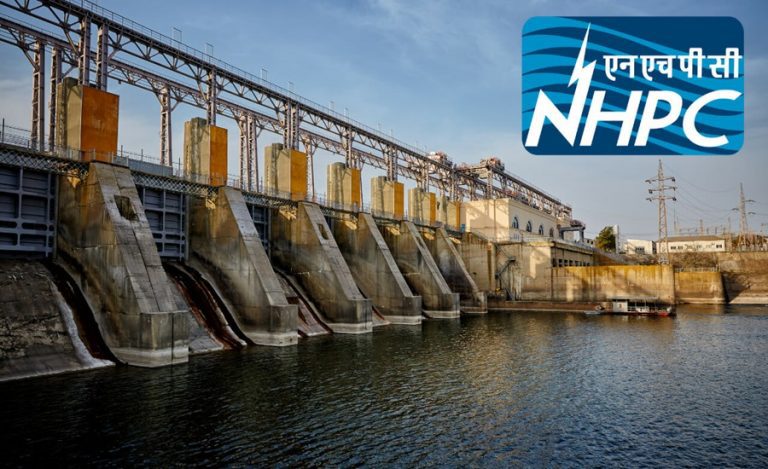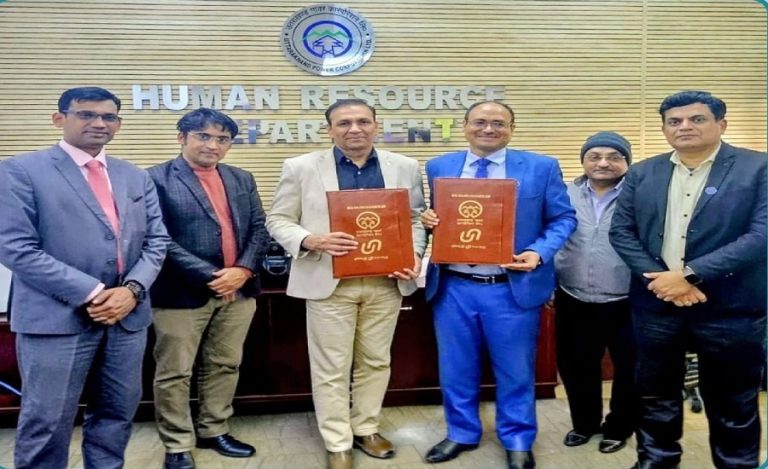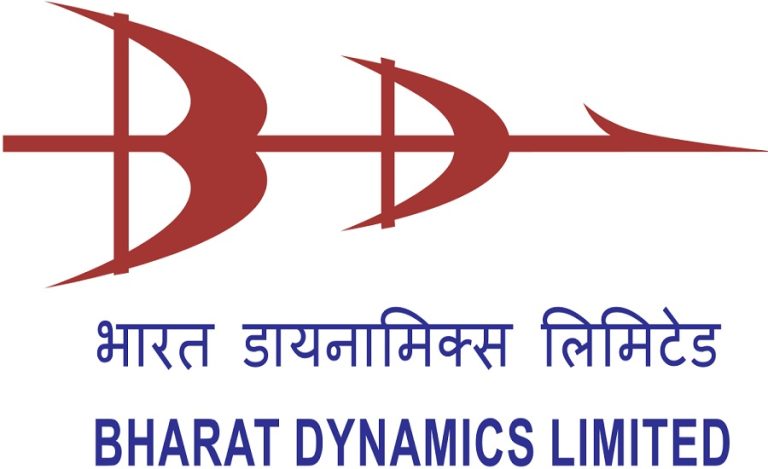New Delhi— Gross loan advances by Non-Banking Financial Companies (NBFCs) have doubled to ₹48 lakh crore as of March 2025, up from ₹24 lakh crore in March 2021, Finance Minister Nirmala Sitharaman said on Wednesday at the NBFC Symposium 2025.
She noted that NBFCs have emerged as a critical source of credit for segments that have historically been underserved or excluded from the formal banking sector.
“The NBFC ecosystem, with over 9,000 registered entities, caters to a wide range of credit needs and is often the first point of contact for crores of citizens and small businesses,” she told the gathering.
These entities span from large infrastructure lenders to smaller players focused on microfinance and asset-backed lending, collectively playing a key role in driving financial empowerment.
Regulatory Support Boosting Sector Outlook
The Finance Minister cited recent regulatory changes—such as the restoration of risk weights on bank lending and overall easing of financial conditions—as positive developments that will improve the credit environment and reinforce funding access for the NBFC sector.
She also pointed to recent Reserve Bank of India (RBI) measures that have helped reduce the cost of funds for NBFCs and called on lenders to ensure these benefits are passed on to customers in the form of lower interest rates.
“The government remains committed to supporting the NBFC sector by enabling a responsive policy environment,” Sitharaman said, reiterating that the government’s approach will remain consultative and attentive to feedback from the industry.
Call for Institutional Co-Lending with Banks
Sitharaman urged NBFCs and banks to establish institutionalised co-lending partnerships, emphasizing that such arrangements can significantly improve credit flow to underserved sectors.
She proposed the creation of:
- A digital co-lending framework
- Common onboarding norms
- Interoperable loan servicing platforms
“Such partnerships should be institutionalised and scaled to enhance efficiency and ensure proper risk-sharing,” she said.
Read Also: RBI Bans Pre-Payment Charges on Floating-Rate Loans to Individuals
Stronger NBFCs Ready to Transition
Dispelling the outdated notion of NBFCs as “shadow banks,” Sitharaman highlighted the stronger regulation and oversight now governing the sector.
She noted that some systemically important NBFCs have matured in terms of scale, governance, and operational standards—comparable to those of mainstream banks—and may be well-positioned to transition into full-service banking institutions.
“This marks an important evolution, where robust NBFCs can graduate to banks, creating a continuum of institutional growth within the financial sector,” she added.




























